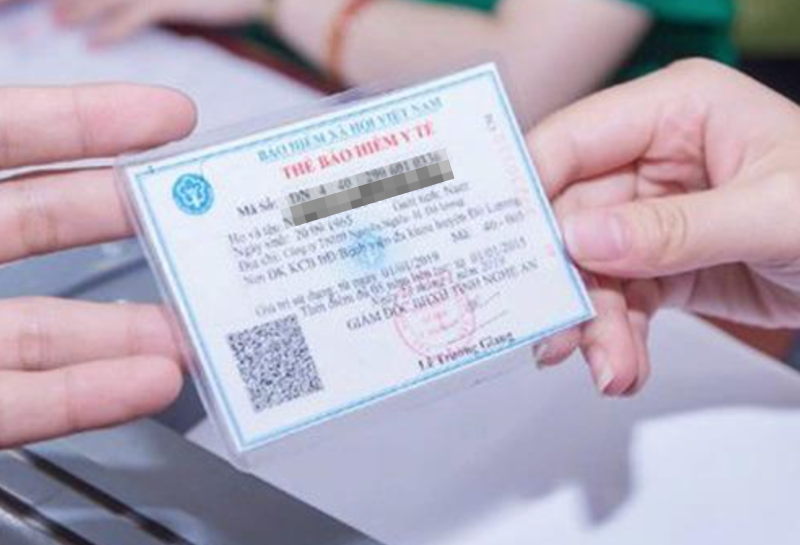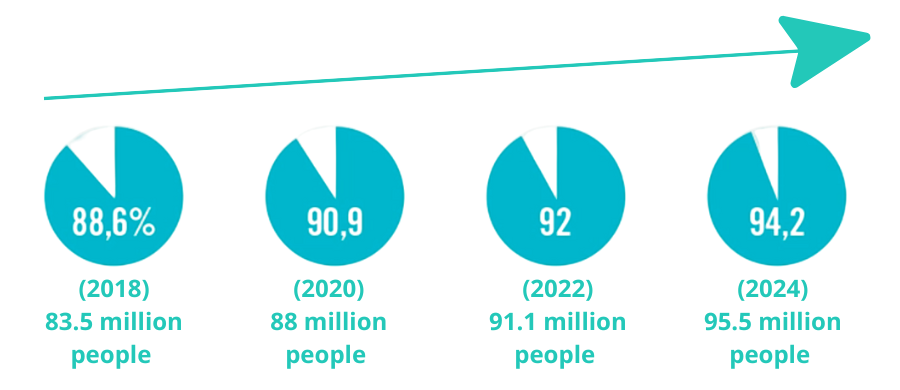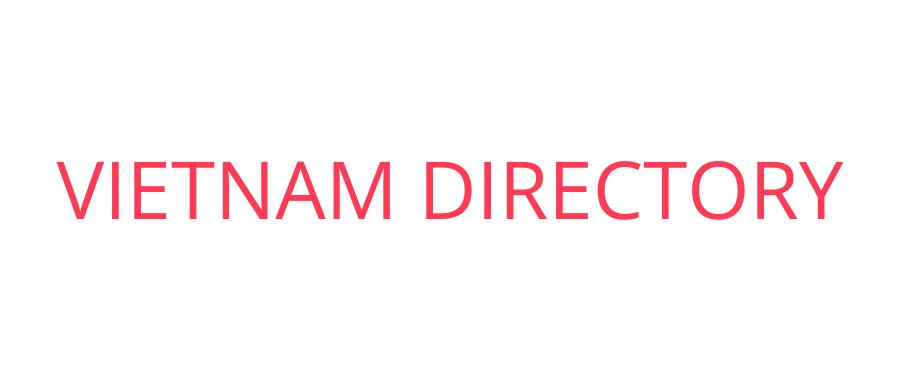Vietnam Invests in its Future: Free Public Education and Healthcare for All
Vietnam is embarking on a transformative path with ambitious plans to provide free public education and healthcare to its citizens. This initiative, encompassing tuition-free public schooling from kindergarten through high school and a long-term vision to eliminate hospital fees, signals a significant commitment to social development and the well-being of the population. These progressive policies aim to enhance the quality of education, ensure accessible healthcare, and align with the nation’s broader socio-economic goals. This article delves into the details of these groundbreaking reforms, the driving forces behind them, and the challenges and considerations for their successful implementation.
Free tuition for all students from kindergarten to high school in public schools
The Politburo has decided to waive all tuition fees for students in public schools, from kindergarten through high school, following a review of the government’s financial capacity during and after streamlining the political system.
Students of private schools will be compensated for tuition fees equal to the tuition fees of public schools according to the provisions of law; the difference in tuition fees between public and private schools will be paid by the student’s family.
This policy will take effect at the start of the 2025-2026 academic year (September 2025).
In line with development trends, improving education quality
The Ministry of Education and Training believes that this tuition-free policy for all students from preschool to high school will significantly improve the quality of education, garner strong public support, align with the principles of the Party and State’s education policies, and follow the general trend of developed nations.

In addition to supporting tuition fees for university students majoring in education, the government is also considering future adjustments to teachers’ salaries to attract and retain talent within the education workforce and thereby improve the quality of teaching in Vietnam.
General Secretary To Lam has also proposed that the Ministry of Education and Training consolidate textbooks and educational programs, emphasizing practical content and increasing the focus on arts and physical education within the curriculum.
Towards free hospitalisation for everyone in 2030
General Secretary To Lam’s vision of prioritising the development of the health sector, focusing on public health, and aiming to eliminate hospital fees for everyone by 2030 is considered a very humane goal.
During the Party’s 14th Congress Document Subcommittee meeting on March 15th, the General Secretary inquired
“Is it possible to strive to exempt people from hospital fees by 2030?”
He further suggested that if possible, relevant agencies should include this objective in the draft political report for the congress. Research could begin with priority groups as early as 2026, with a phased implementation for the remaining groups, targeting full population coverage by 2030.
Start with health insurance
According to Prof. Dr. Nguyen Anh Tri (tuoitre.vn), to implement financial support to exempt hospital fees for all people, it is necessary to coordinate closely with health insurance. In other words, support to exempt hospital fees can be implemented through universal health insurance.
In 2024, 94.2% of the population is covered by health insurance. The target for 2025 is to increase this to approximately 95%.

Health Insurance Coverage in Vietnam (2018 – 2024)

Data reference source: tuoitre.vn
The Challenges
National Assembly delegate – Dr. Tran Khanh Thu (Thai Binh delegation) emphasised the complexities of exempting hospital fees compared to tuition fees, stating that it will be necessary to prepare very carefully and firmly.
While student numbers for tuition fee exemptions can be predicted based on population data, with relatively few major changes, the long-term sustainability of free healthcare requires careful budget management and allocation, especially given Vietnam’s GDP compared to more developed countries.
In conclusion, Vietnam’s commitment to providing free public education and healthcare reflects a broader strategy to invest in its people, enhance social equity, and foster long-term sustainable development. While challenges remain, the government’s proactive approach and the strong public support for these initiatives suggest a promising future for Vietnam’s education and healthcare sectors. By prioritising the well-being of its citizens, Vietnam is setting a compelling example for other developing nations and solidifying its position as a progressive force in the region.
Image Source:
Canva.com




